Data Collection
Recently, we followed the divers from the Conservation Department, Nha Trang Bay Management Board to the strictly protected area of Hon Mun (Nha Trang Bay) to carry out the task of diving to survey and preserve the coral reef ecosystem. On the canoe, while preparing equipment for the diving trip, Mr. Nguyen Minh Tan - Deputy Head of the Conservation Department shared that to do this job, all members must have a diving certificate issued by the Association of Scuba Diving (PADI) for levels from Open Diving Water (18m), Advanced Diving Water (30m) to orient and handle underwater situations. To perform underwater tasks, divers must wear diving suits, carry air tanks, fins... with a weight of about 30kg; bring some items such as: measuring rope, paper, pen (recorded underwater). The divers are trained to master the skills and how to use the equipment they carry in the underwater environment. A normal person can breathe in an air tank for 45 minutes when diving into the sea, but divers can use it for about 90 minutes.
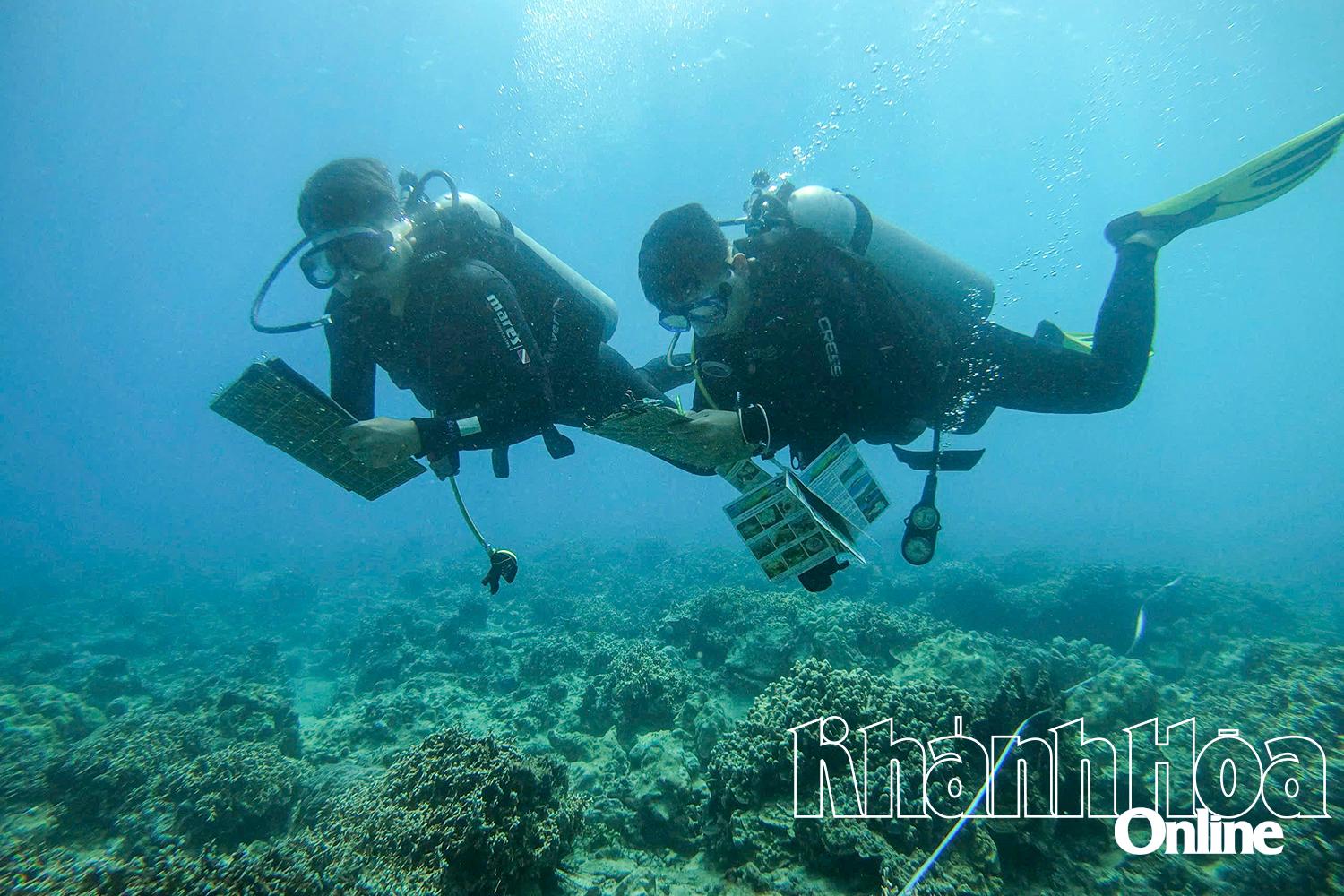 |
| Divers collect seabed data in Nha Trang Bay. |
Sharing about the work on the deep seabed, Mr. Tan said that through well-trained skills, divers will carry out many methods for research, especially rapid monitoring of coral reefs (reefcheck). Accordingly, divers will mark the boundaries of marine conservation functional zones; drag measuring tapes along the cross-section of the seabed, every 1m they will record the current state of the seabed at the time of measurement (coral species, fish species, types of rocks...) and use specialized paper and pens to record. These data will then be used to evaluate and analyze for the research process, compare the increase and decrease, coral coverage in particular and the fluctuation trend of marine ecosystems in Nha Trang Bay in general, from which appropriate recommendations and proposals will be made.
Mr. Pham Thanh Nghia - a diver from the Conservation Department shared that during the underwater survey, there were many difficulties. During rough seas or strong currents, diving surveys were limited due to unsafe conditions. There were times when the turbid sea water reduced visibility to less than 1m, making it difficult to record images and make accurate measurements. In addition, in many areas of the seabed with complex terrain, corals grow thickly or are interspersed with sharp rocks, which can easily cause scratches and injuries to divers if they are not careful. Sometimes, garbage and fishing nets get stuck, affecting the ecosystem and potentially causing entanglement for divers. “The survey work also has certain advantages when the units have been equipped with modern measuring and filming support machines such as: underwater cameras, positioning devices and data processing software. Nha Trang Bay area has many days of calm seas and favorable weather, creating conditions for diving groups to conduct periodic and continuous surveys according to plan,” said Mr. Nghia.
To ensure safety when working at the bottom of the sea, each group of divers has 2-3 people to support each other. During diving, there are principles such as: When showing signs of fatigue, you must immediately surface, do not rest underwater; when swimming up, you must put one hand above your head to determine whether there are ships or boats in the surfaced sea area to avoid collisions.
Effectively serving marine conservation work
Talking to us, a diver from the Coastal Branch of the Vietnam - Russia Tropical Center said that the diving survey and conservation work of the coral reef ecosystem in Nha Trang Bay in recent years has been carried out by the unit in many sea areas in Nha Trang Bay, with different batches according to each group of topics. Not only Vietnamese divers but also experts and divers from Russia are involved. Through data collected over many years, the unit is coordinating to carry out many tasks of conservation and restoration of coral reefs such as: Developing breeding technologies, building coral nurseries, creating artificial reefs in Nha Trang Bay. According to the assessment of foreign experts and divers, the coral ecosystem in Nha Trang Bay is beautiful, diverse, has very high biological value, rare in the world , but at the seabed of Nha Trang Bay there is still a lot of waste, fishing nets, crown-of-thorns starfish eating corals... This negatively affects the development of corals. Therefore, more solutions are needed to protect the precious coral ecosystem on the seabed of Nha Trang.
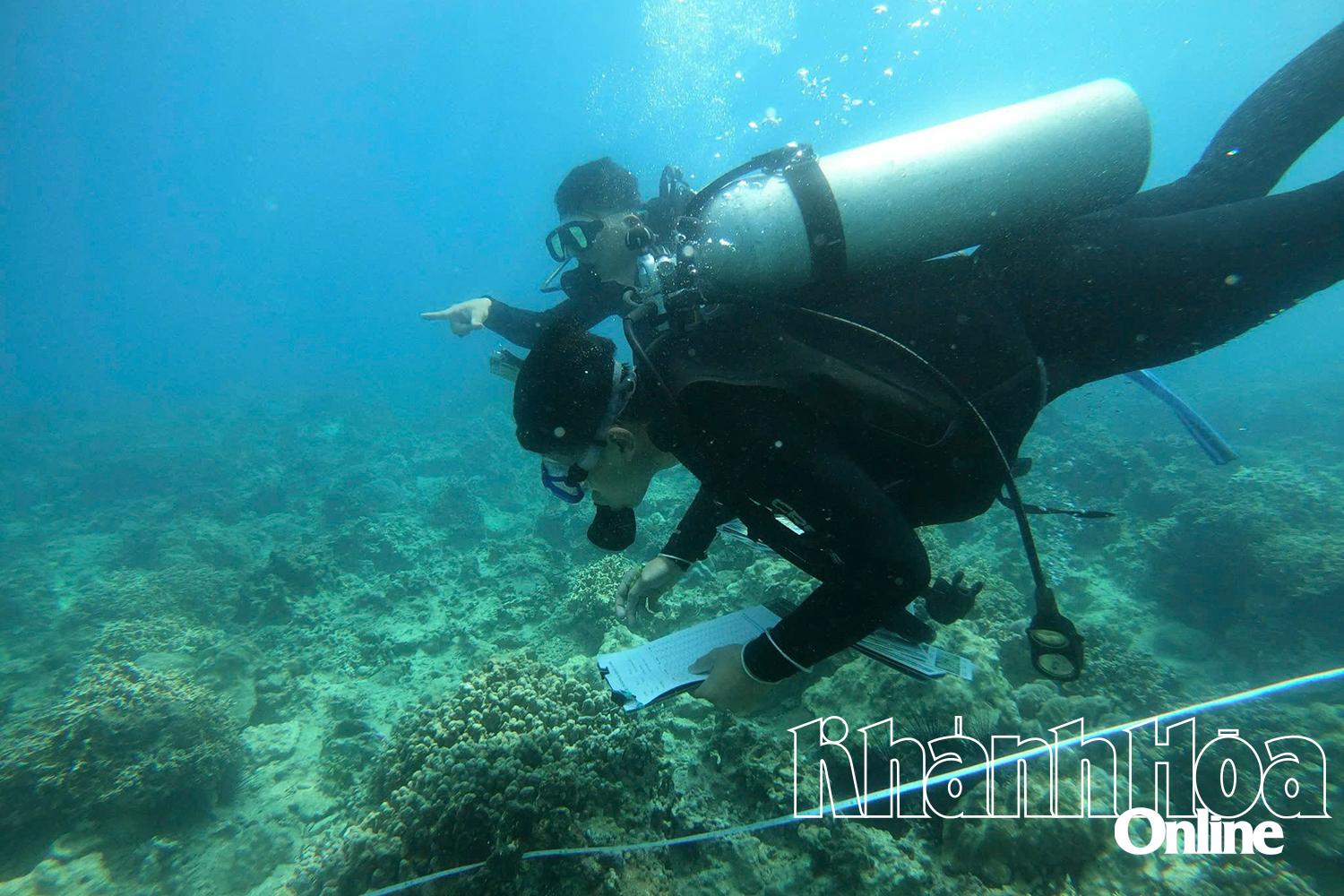 |
According to Mr. Dam Hai Van - Head of Nha Trang Bay Management Board, thanks to the important data collected by divers over the years, Nha Trang Bay Management Board, Institute of Oceanography and Coastal Branch, Vietnam - Russia Tropical Center have provided quality reports to functional units of the province and city to delimit protection areas, monitor coral reef ecosystems and recommend and propose solutions to preserve the marine ecosystem of Nha Trang Bay. Along with research and marine conservation, divers of the units also regularly organize activities to collect garbage, fishing nets, catch crown-of-thorns starfish, etc.; actively participate in planting mangrove forests in Dam Bay, releasing fish to regenerate aquatic resources in Nha Trang Bay.
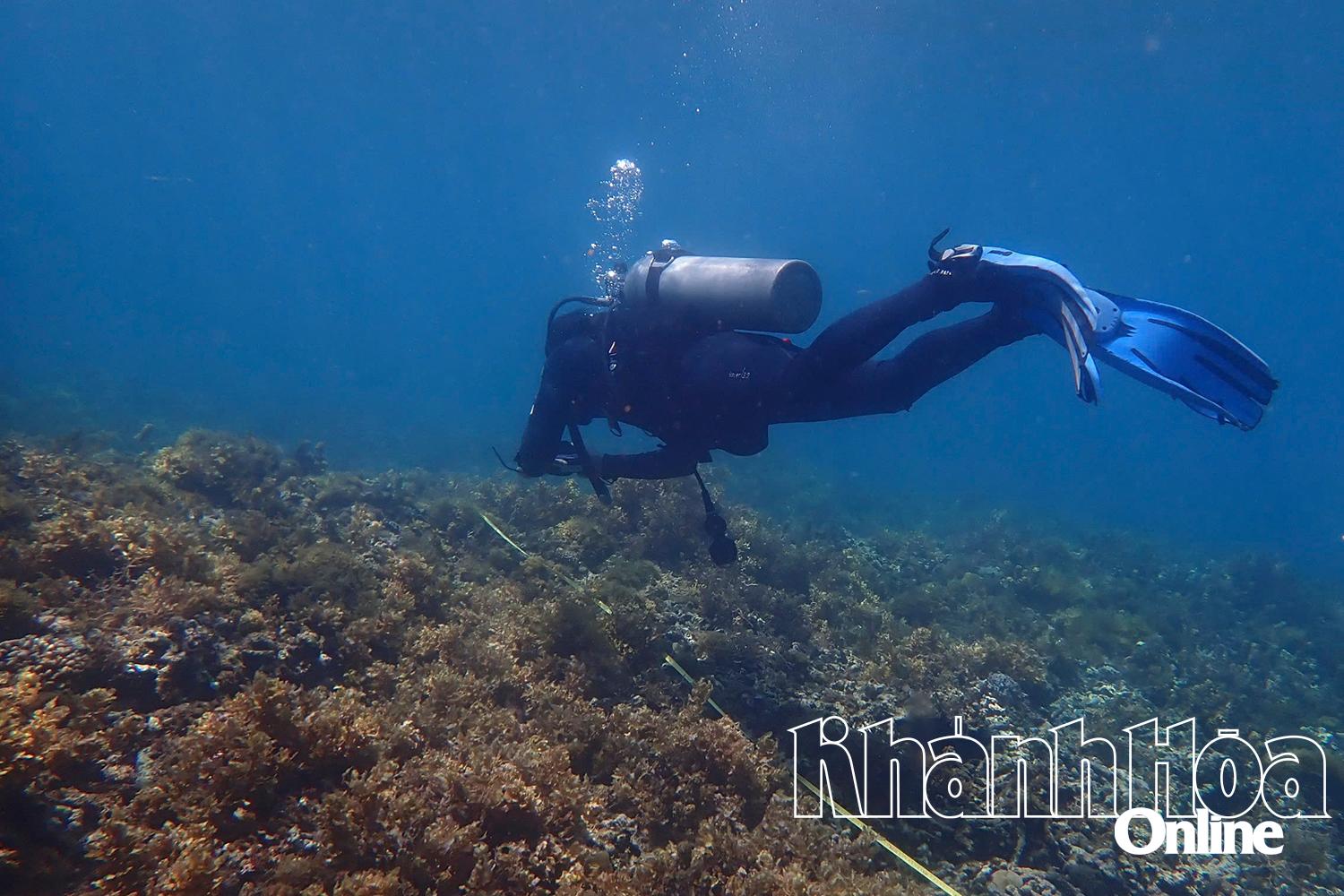 |
Mr. Luu Thanh Nhan - Standing Vice Chairman of Nha Trang City People's Committee said that in the past time, with the attention and close direction of the Standing Provincial Party Committee, the Provincial People's Committee, the Standing City Party Committee, the efforts of the agencies and units of the province and the city, and the support of the Provincial Women's Union, scientific research units and international organizations, the City People's Committee and agencies and units have proactively developed projects and plans to implement the Master Plan for the restoration of Nha Trang Bay by 2030 to ensure quality, efficiency and progress.
Regarding the conservation and development of Nha Trang Bay, with survey and research data provided by experts and divers, the city is continuing to coordinate the implementation of many practical and focused topics and projects such as: Building a pilot model of artificial reefs to conserve biodiversity towards developing marine ecotourism in the pilot area; creating a nursery to provide coral reef seeds to restore and regenerate the coral reef ecosystem in Nha Trang Bay; researching and assessing the current status and proposing solutions to conserve and sustainably use coral reef resources in coastal waters of Khanh Hoa and Ninh Thuan provinces... Thereby, contributing significantly to the implementation of the tasks of the Master Plan for Restoration of Nha Trang Bay to 2030.
HAO VY
Source: https://baokhanhhoa.vn/xa-hoi/202505/nhung-nguoi-lam-viec-trong-long-bien-59d007e/



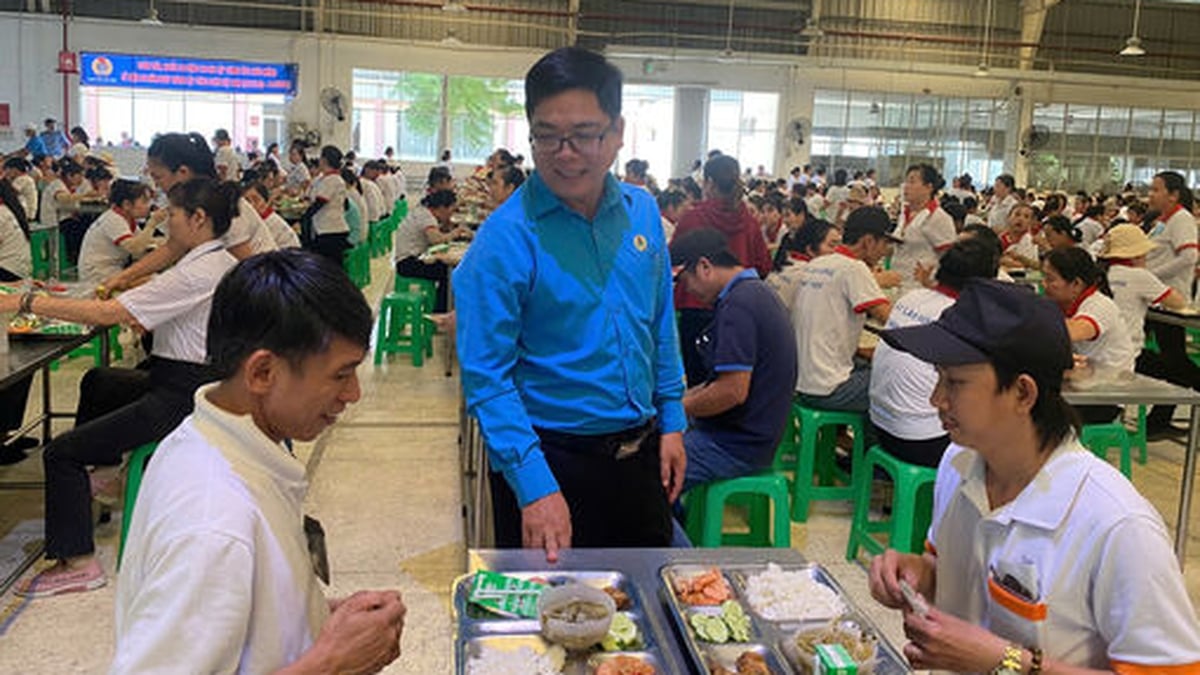



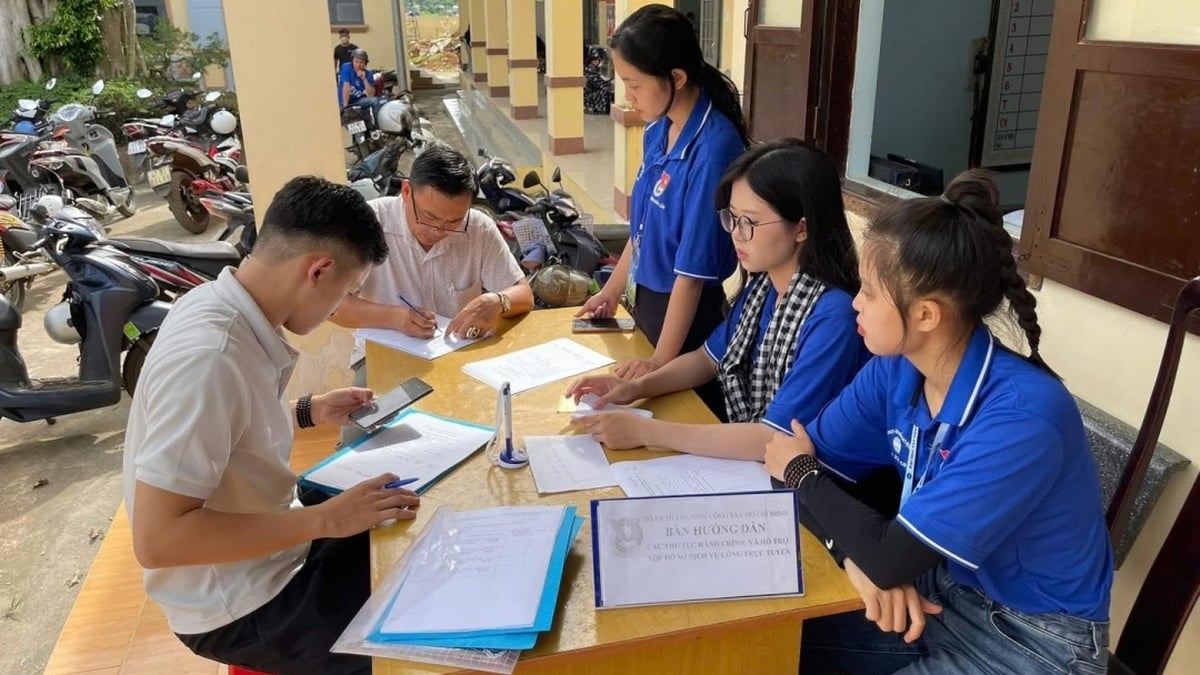
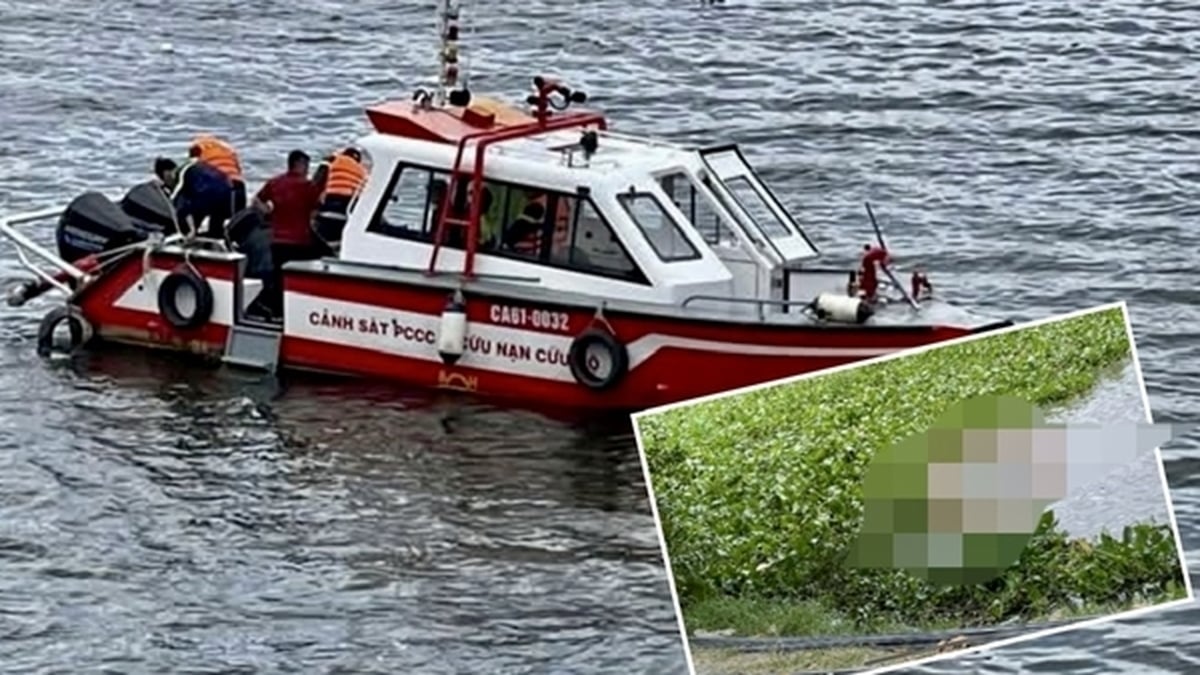










































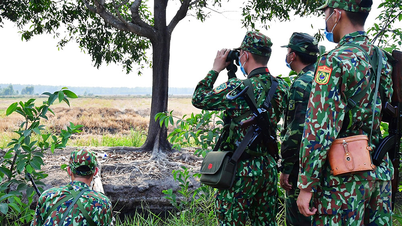







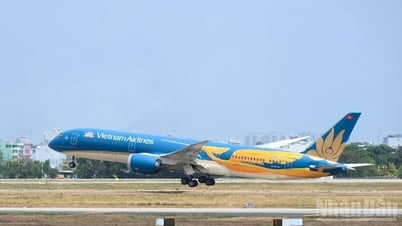









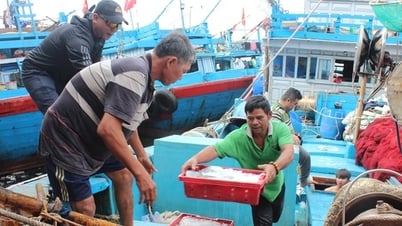

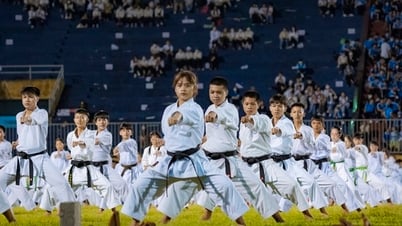

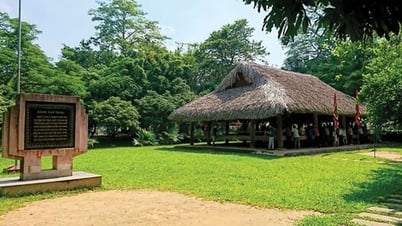
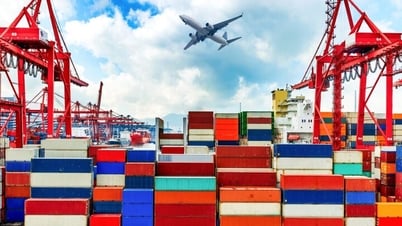

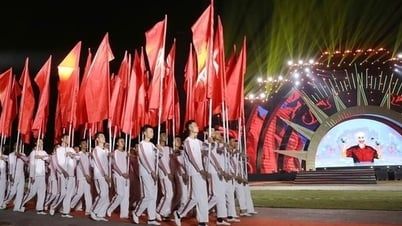
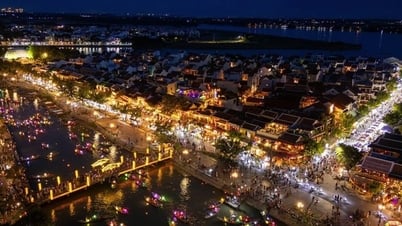
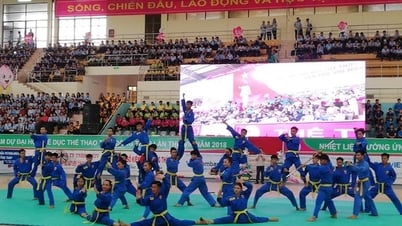







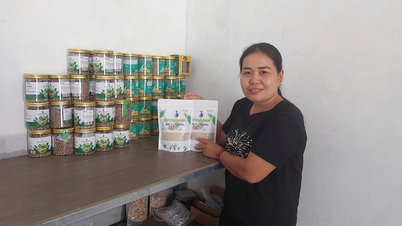











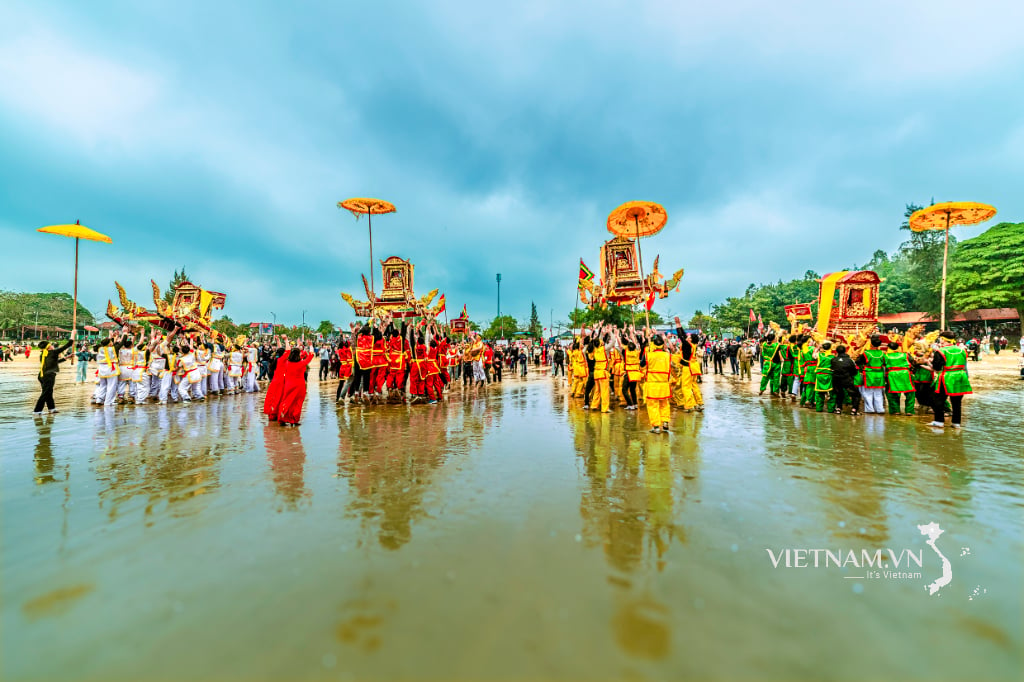
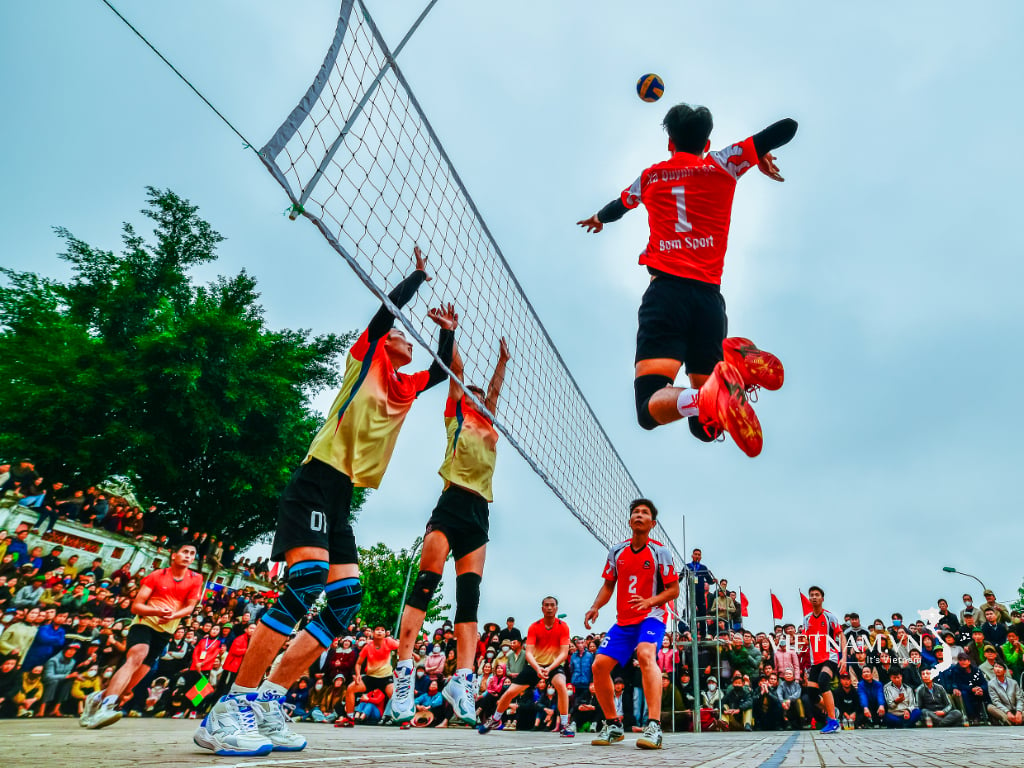
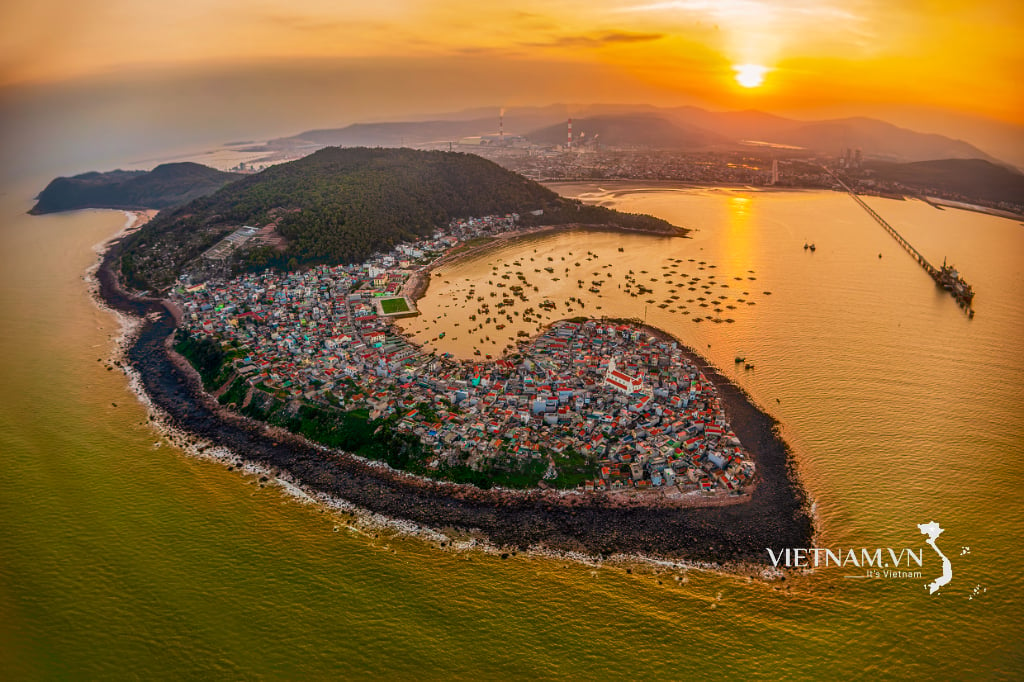
Comment (0)